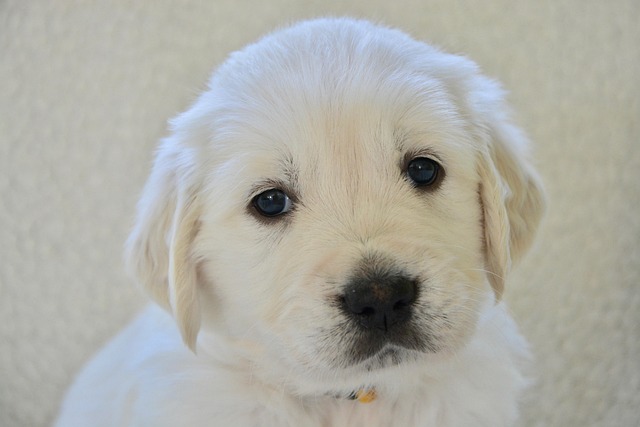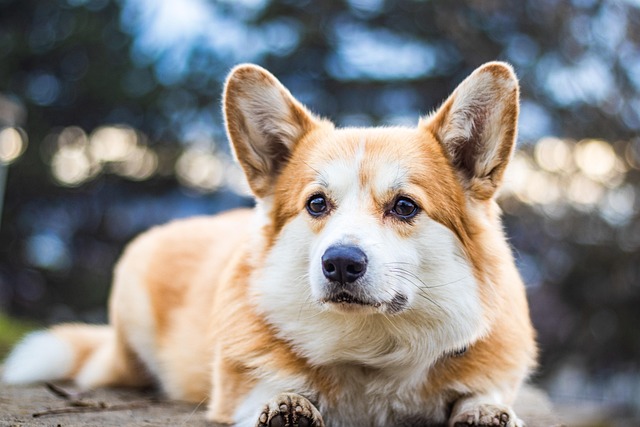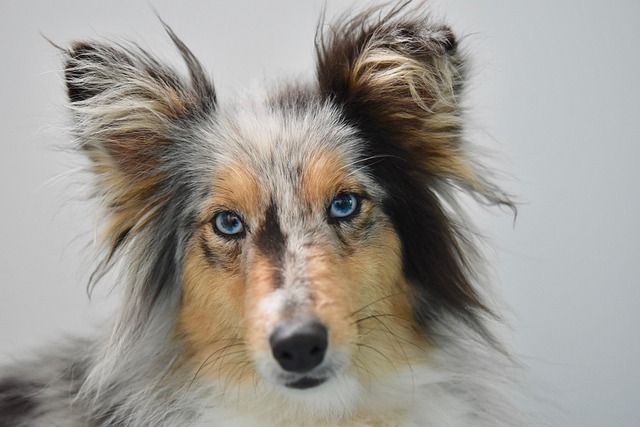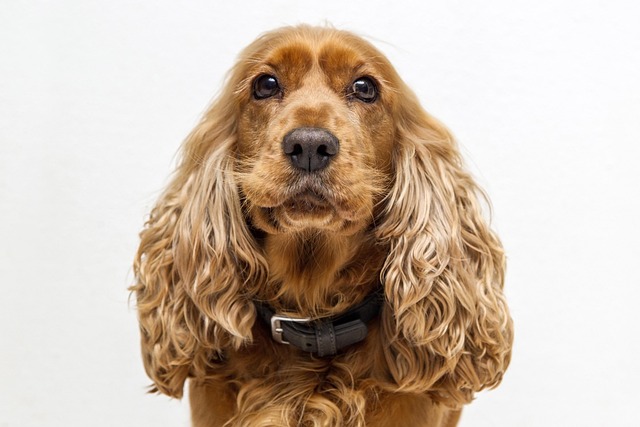Picture this: Your 12-week-old Golden Retriever, Luna, spots a squirrel in Central Park and bolts toward the road. Your frantic "Come!" vanishes in the wind. When should you start teaching that lifesaving recall? Immediately – but strategically. Puppies enter their critical socialization window between 3-14 weeks, where their brains are wired to absorb experiences. Harness this period for foundational recall, using their natural curiosity and food motivation. Studies show pups learn fastest when training aligns with developmental stages – start simple indoors at 8 weeks, progressing to controlled outdoor settings after vaccinations.
Begin recall training the day Luna comes home. In your distraction-free living room, crouch 3 feet away, cheerfully call "Luna, come!" while clapping. The instant she turns toward you, reward with high-value treats like diced chicken. Never punish slow responses; instead, make yourself irresistible by running away playfully. Gradually increase distance within your apartment. By week 10, practice during quiet moments: call her from the hallway when she’s sniffing near your bedroom door. Always reward with enthusiasm – this builds neural pathways associating recall with joy, not fear.
Safety & Compliance First: Before practicing in public spaces, ensure Luna completes her DHPP vaccine series (legally required in most US states for parks). Always carry biodegradable waste bags – recall training doesn’t excuse cleanup duty! If she ignores you during a Brooklyn sidewalk session, calmly leash her instead of yelling. Culturally, note that leash laws vary: In Seattle’s Discovery Park, off-leash is permitted only in designated zones, while Manhattan requires leashes under 6 feet.
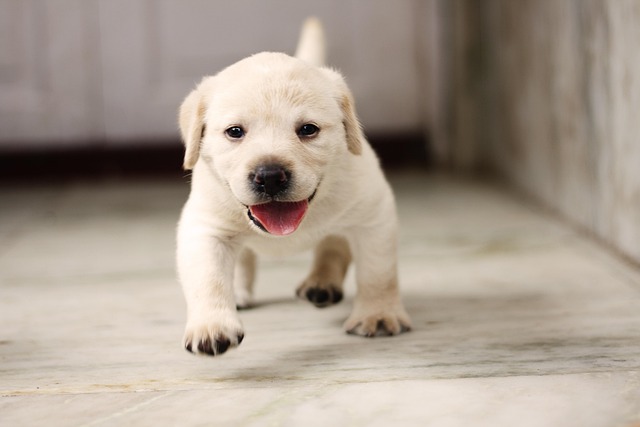
Progressive Challenges: At 4 months, introduce "emergency recall" using a unique cue like "Here!" paired with jackpot rewards (5 tiny treats consecutively). Start low-distraction outdoor drills: Use a 15-foot long-line leash in fenced tennis courts at dawn. If she ignores you, gently reel her in without repeating the command, then reward at your feet. Gradually add distractions: Have a family member toss a toy nearby mid-session. Apartment dwellers, use stairwells for controlled practice – but avoid high-traffic hours to respect neighbors.
Crucially, never use shock collars or leash-jerking punishments common in outdated methods. Modern animal behavior science confirms force increases fear and avoidance. The EU’s 2023 Animal Welfare Act explicitly bans aversive tools. Instead, apply variable reinforcement: Once Luna reliably comes indoors, reward only 3 out of 5 recalls outdoors – this mirrors slot machine psychology, making responses more persistent.
Real-life integration: Practice "come" during TV ad breaks in your Chicago loft. At dog-friendly cafes, call her back before she greets strangers (respecting personal space is key US etiquette). If she fails, reduce distraction levels immediately – regression means you’ve pushed too far, too fast. By 6 months, with consistent positive reinforcement, Luna’s recall can become bulletproof, turning panic moments into proud "Good girl!" victories.
